Shocking Childhood
Richard Pryor was a trailblazing funnyman who broke racial and sexual barriers in comedy. Like many comedians, his jokes and laughter hid darker pain – and later, debilitating health issues. What was the driving force behind the jokes, comedic sketches, and stand-up routines? Read on to learn what demons Pryor chased, and which ones caught up to him in the end…
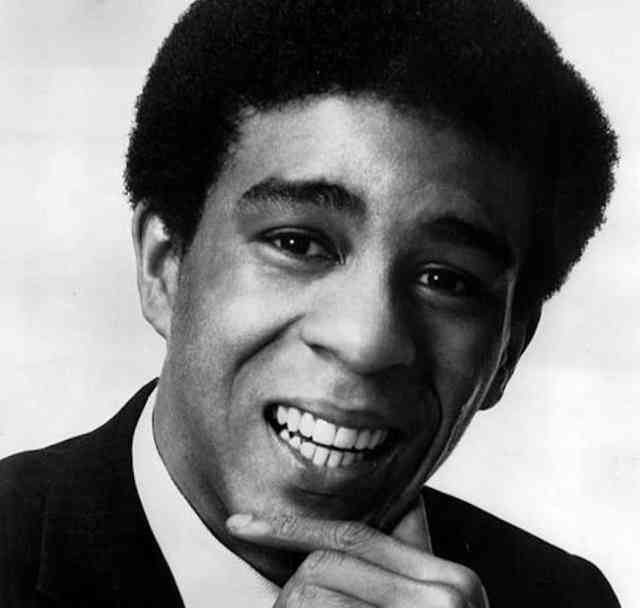
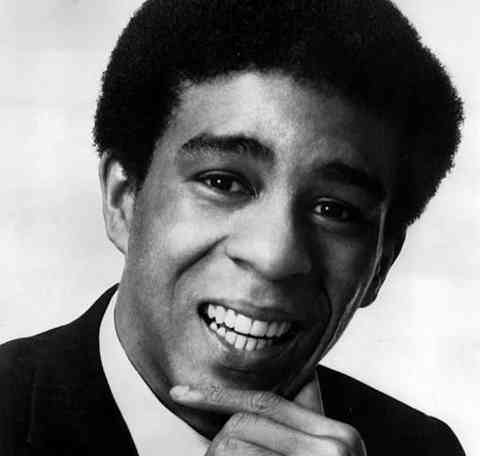
The son of a pimp and a prostitute, Pryor grew up in the outrageous atmosphere of an Illinois brothel. These unusual circumstances were the subject of many jokes and wisecracks over the course of his career.
In his autobiography, “Pryor Convictions,” he details the seedier and darker side of his childhood. This included stories of being molested, raped, and exploited as a pawn in blackmail schemes by his father and uncle. His parents abandoned him when he was 10 years old. He was then raised by a grandmother who beat him for every infraction.
Sex-Centered
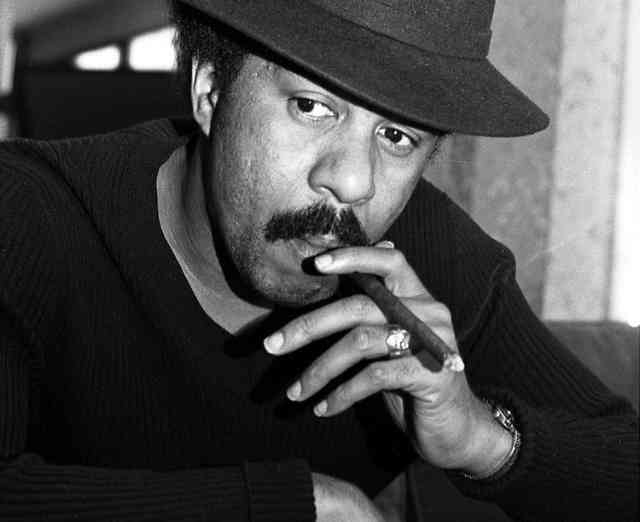
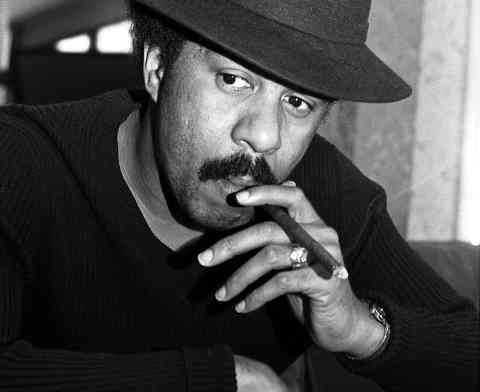
Adults that experience childhood sexual abuse are often either chaste or overly promiscuous as a result. Pryor fell in the latter category. His adult life was peppered with many brief sexual encounters and relationships with women, including one transgender woman, who he said looked like Josephine Baker. “After two weeks of being gay,” he wrote, “I went back to live as a heterosexual.” This admission spurred public rumors that he was bisexual, a claim one of his daughters vehemently denied.
Pryor married seven times – including twice each to two of his wives. One of the many women in Pryor’s life was actress Pam Grier, who he dated for 18 months. Their relationship abruptly ended when he married Deborah McGuire instead after he impregnated her.
Comedy Changes And SNL
Sex wasn’t always front and center in Pryor’s stand-up. Before changing to his iconic style, Pryor censored himself to be more family-friendly, modeling himself after the comedic style of Bill Cosby. However, he was tired of the censure and catering to a mostly white audience.
In 1977, Pryor had a meltdown onstage at the Hollywood Bowl. Only 15 minutes into his act, he abruptly ended his wholesome performance by telling the audience to “kiss my happy, rich black ass,” before exiting the building. Afterward, he moved to San Francisco and took a break from the stage for several years. The performer who returned was more in-your-face, bawdy, and didn’t care who liked or disliked his act.
He also, unknowingly, was the origin of Saturday Night Live’s 5-minute airing delay. Reportedly, the show’s creator, Lorne Michaels, proffered a fake resignation to force NBC executives to allow the famous foulmouthed Pryor as host. Michaels’ concession in the negotiations was to allow a delay that would accommodate on-the-spot editing. This kept any unscripted language or too-coarse comedy off the airwaves.
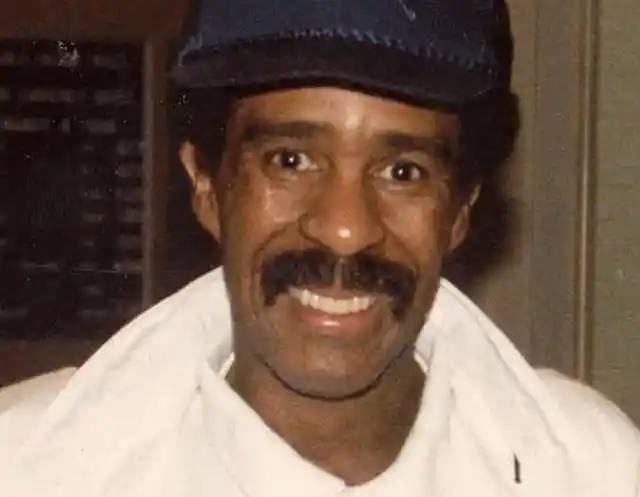
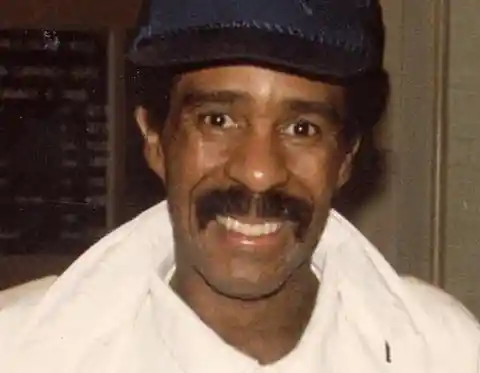
Drug Addiction, On Fire
Pryor’s life was also greatly affected by drug and alcohol abuse. From a DUI arrest to ruining his marriage by prioritizing drugs over his family, he was on a downward spiral. This spiral hit rock bottom when he set himself on fire in June 1980. Pryor ran down the street while fully engulfed in flames. Surprisingly, he only needed six weeks of recuperation, given he was not expected to survive at first.
There are two versions of the fire’s origin. In one version, Pryor was free-basing cocaine and drinking 151-proof rum, and his paranoia led to the fire. The other version, cinematically popularized, was that he intentionally doused himself with alcohol to commit suicide, trying to escape the pain he was living with. Ever the comic, Pryor worked the event into his 1982 comedy show. Lighting a match, he quipped, “What’s this? It’s Richard Pryor running down the street.”
Jo Jo Dancer
Whichever version of the fire story you believe, Pryor’s drug additions nearly cost him his life. After the fire incident, he fell back off the wagon for a few years and then tried to clean himself up once again.
The story of this yo-yo sobriety and addiction was dramatized in the 1986 autobiographical film “Jo Jo Dancer: Your Life is Calling.” Pryor self-directed the film, which covers not only his drug addictions but also his comedic growth and the breakdown of his humanity.
”I only hope the movie shows that drugs may start out fun, but they never end in fun.” Pryor continued, “The horror they brought me every night and the guilt they brought me every day is what drugs are about.”
Health Issues And The End
Even as he found sobriety, his heavy tobacco smoking and drug use took their toll. Pryor had his first heart attack in 1977, at the age of 37. He was diagnosed with multiple sclerosis (MS) in 1986. The 1990s were overshadowed by his declining health from MS, eventually restricting his movements to the use of a power scooter.
The softer side of his life came out around this time, including his love of animals. He was vehemently against animal testing of any sort – even if it would find a cure for the MS that was devastating his life. He was also honored by PETA for saving circus-bound baby elephants in Botswana.
He had a second heart attack in 1990, which led to triple bypass surgery the following year. In 2005, Pryor’s third heart attack proved to be fatal.
Tears Of A Clown
In 1970, Smokey Robinson and The Miracles released a single entitled “Tears of a Clown.” The lyrics recount the subject’s deep hurt and sadness, which are covered up by smiles and jokes. The song was not written about Pryor, but it could have been. Great sadness and illness can be found in looking into the lives of many famous comedians. Pryor was no exception.
Did the internal heartache drive him to become a groundbreaking comedian or did it simply provide a wealth of material to draw from? Regardless of the answer, Pryor paved the path for black comics who followed. He broke racial barriers and sexual taboos – all while speaking his mind, without censure.